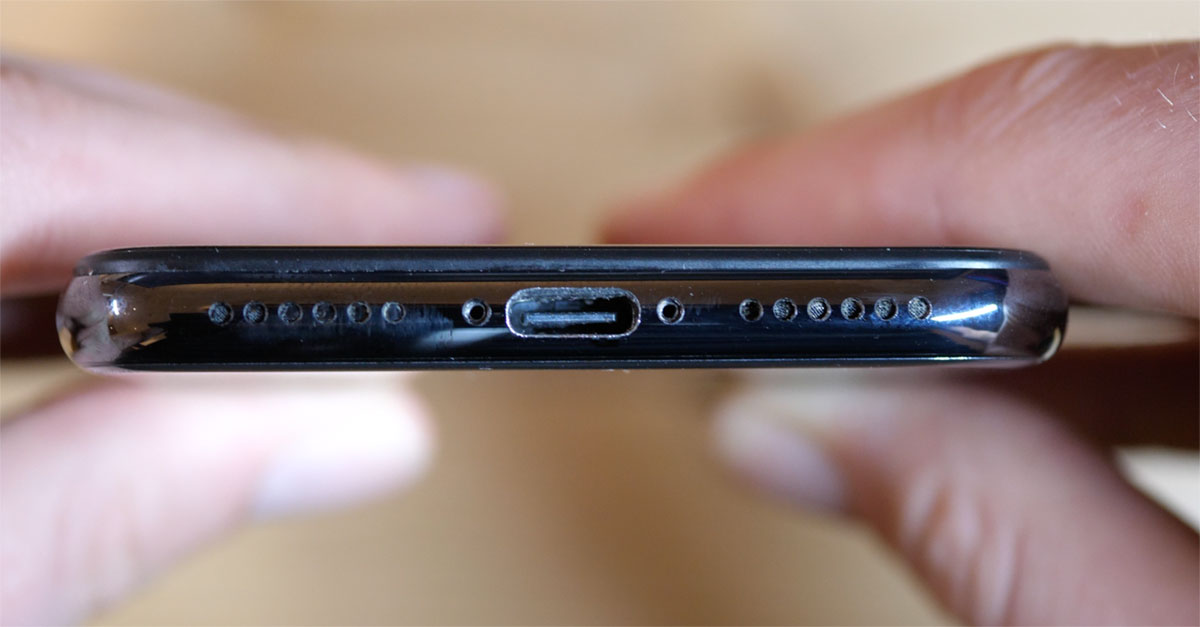Apple is very much expected to announce as many as four new iPhones next month and all of them are expected to switch from Lightning to USB-C for the first time.
Now, a new report suggests that the USB-C port on those iPhones will offer super-fast Thunderbolt file transfers.

That report by ChargerLab is based on supposedly leaked images of the iPhone 15’s USB-C port and associated cables. According to that report, the photos show a chip that is specifically designed to help faster transfer speeds like the 40Gbps Thunderbolt speeds creators have been hoping for.
In addition to the revelation of the iPhone 15’s port design, a mysterious IC is faintly visible behind the USB-C female socket. Upon magnification, it becomes apparent that this IC is a Retimer chip. This suggests that multiple models within the iPhone 15 series will support Thunderbolt/USB4’s high-speed 40Gbps data transmission.
However, it isn’t yet clear which models will support those Thunderbolt speeds. There had previously been reports that the iPhone 15 Pro and iPhone 15 Pro Max would be the phones that support Thunderbolt transfer speeds. However, this report suggests that at least three models will — suggesting that the non-Pro iPhones will also get a huge upgrade over the 480Mbps USB speeds that Lightning is currently limited to.
Apple is expected to announce the new iPhones as soon as September 12 or September 13, so we can expect to get confirmation of all of this within just a matter of weeks.
You may also like to check out:
- iOS 17 Beta 6 Download, Expected Release Date
- Jailbreak iOS 16.6 On iPhone And iPad Status Update [Latest]
- iOS 17 Beta Compatibility For Compatible iPhone Models
- iOS 17 Public Beta 1 Release Date Set For Later This Month Alongside iPadOS 17, macOS 14, tvOS 17
- Download: iOS 17 Beta 5 IPSW Links, OTA Update Released
- Download: iOS 16.6 Final IPSW Links, OTA Update As Well As iPadOS 16.6 Released
You can follow us on Twitter, or Instagram, and even like our Facebook page to keep yourself updated on all the latest from Microsoft, Google, Apple, and the Web.
